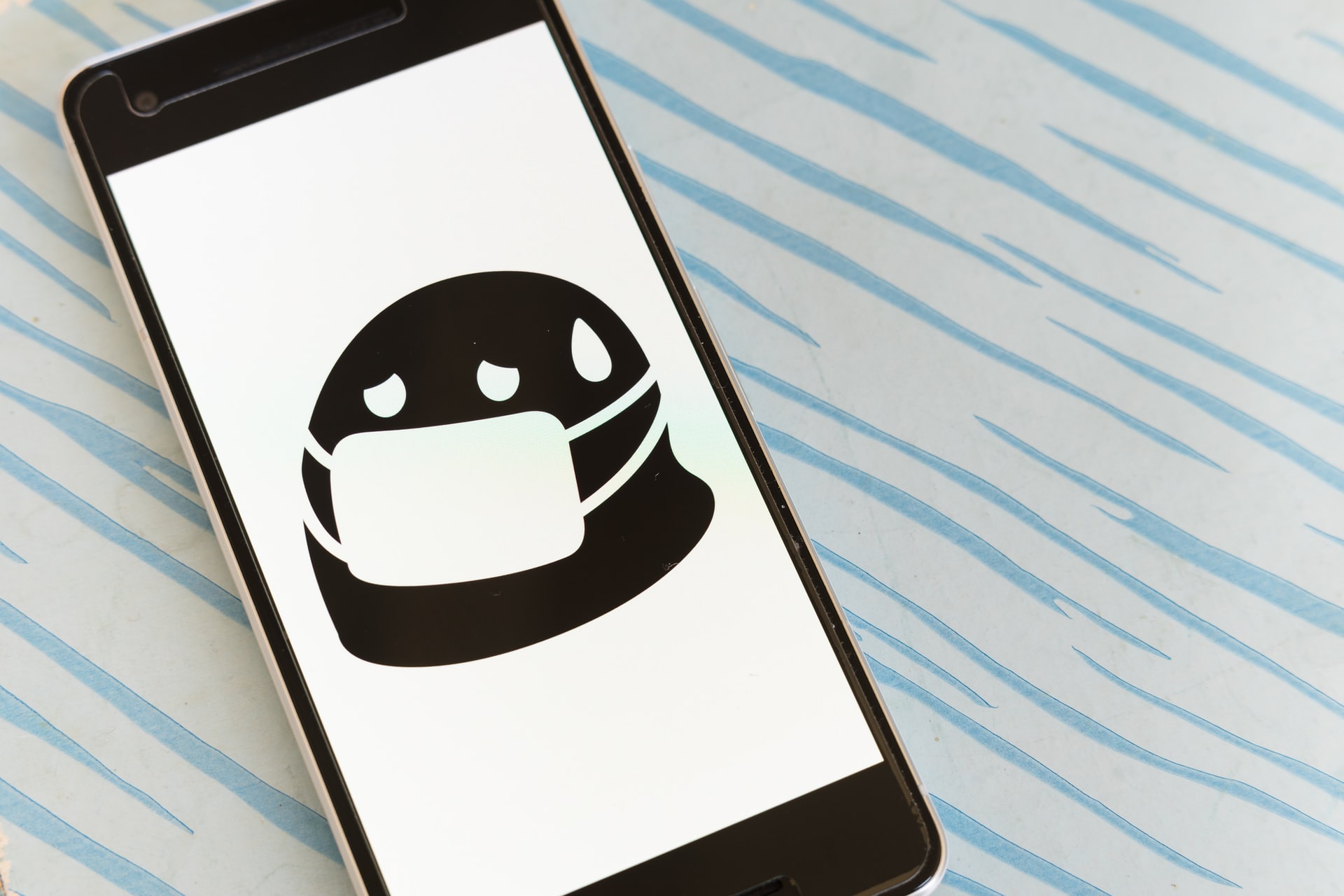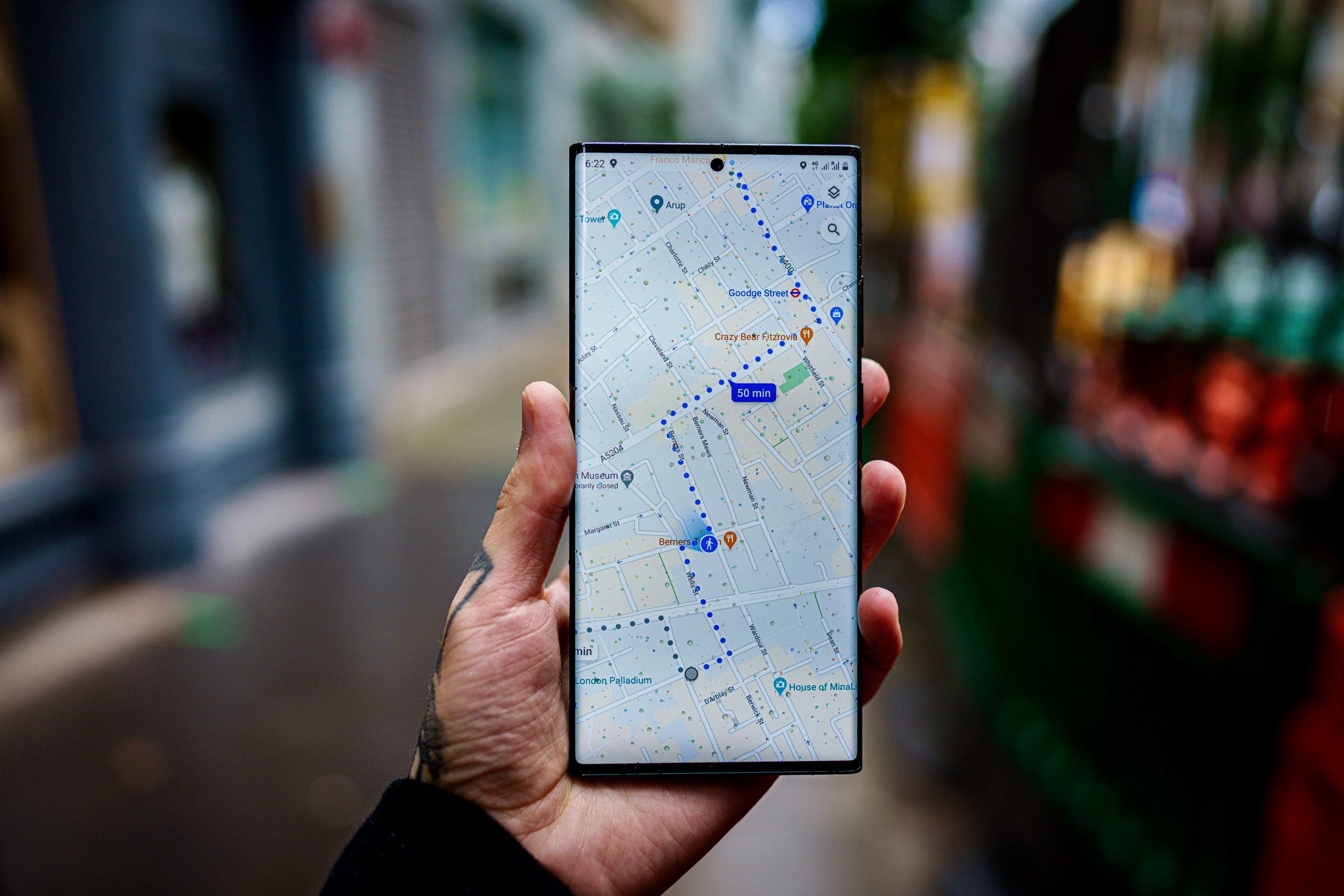09/10/2020
In recent times, Fake News is proliferating. According to a ComScore study, an average of 253 fake news stories were generated in Spain every day during the confinement. Some of them are instantly discredited, but others manage to echo in social networks and WhatsApp groups, generating confusion among citizens.
As explained by José IgnacioTorreblanca, director of the Madrid office of the European Council on Foreign Relations, in one of the cyber-breakfasts organized by Digitales, the lack of quality controls leads to the emergence of campaigns that call into question the fundamental rights of citizens and may even enjoy a certain credibility among the population.
This is the case, for example, of some misinformation about the new General Telecommunications Law, according to which the Government could know if a person has attended a demonstration by accessing the IP of cell phones through WhatsApp.

The approach is completely incorrect since, to begin with, there is no way to associate IPs to a specific user. Networks use dynamic IP assignment, which means that it varies from one connection to another. The one we are currently using when we stop browsing returns to the pool and the system can assign it to a different user.
Thus, the government cannot identify users by their IP. In addition, in order to track and locate a person through his or her cell phone , a judicial authorization must be requested and the draft bill does not modify this assumption.
In addition, there is no way to access the IP of a device through the triangulation process. Triangulation is used to locate devices (approximately) that are connected to certain telephone antennas via the mobile network, but it is not an exact process.
To correlate a device with a user it would be necessary to cross-reference the information with the operator’s database, which is not allowed according to the Organic Law on Data Protection except under judicial request.
WhatsApp to send alerts
As for the WhatsApp messaging service, the new bill does not contemplate the possibility of tapping it to read users’ messages, but to use it in case of national emergency. The situations are not yet defined, but everything seems to indicate that it could be used in areas affected by floods, natural disasters or health emergencies.
Thus, no government is going to monitor the demonstrations we attend or our private activities, since it is not technically feasible and it is also illegal. Does that mean we should relax our use of our devices altogether?

Not at all, because there are malicious applications that can use or sell our data. If we have GPS enabled we are sharing our location data not with the Government, but with those apps that we install on our terminal.
Some, such as Google Maps, need this location to provide a service that most of us find useful, but others may be malicious applications that, although they do not need this information, take it and share it to sell user data. What can we do? Install only trusted applications and review their permissions.










